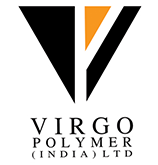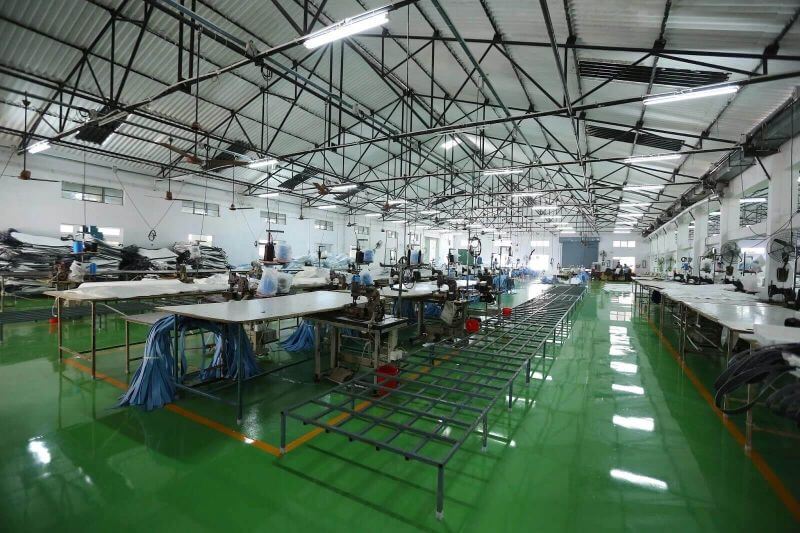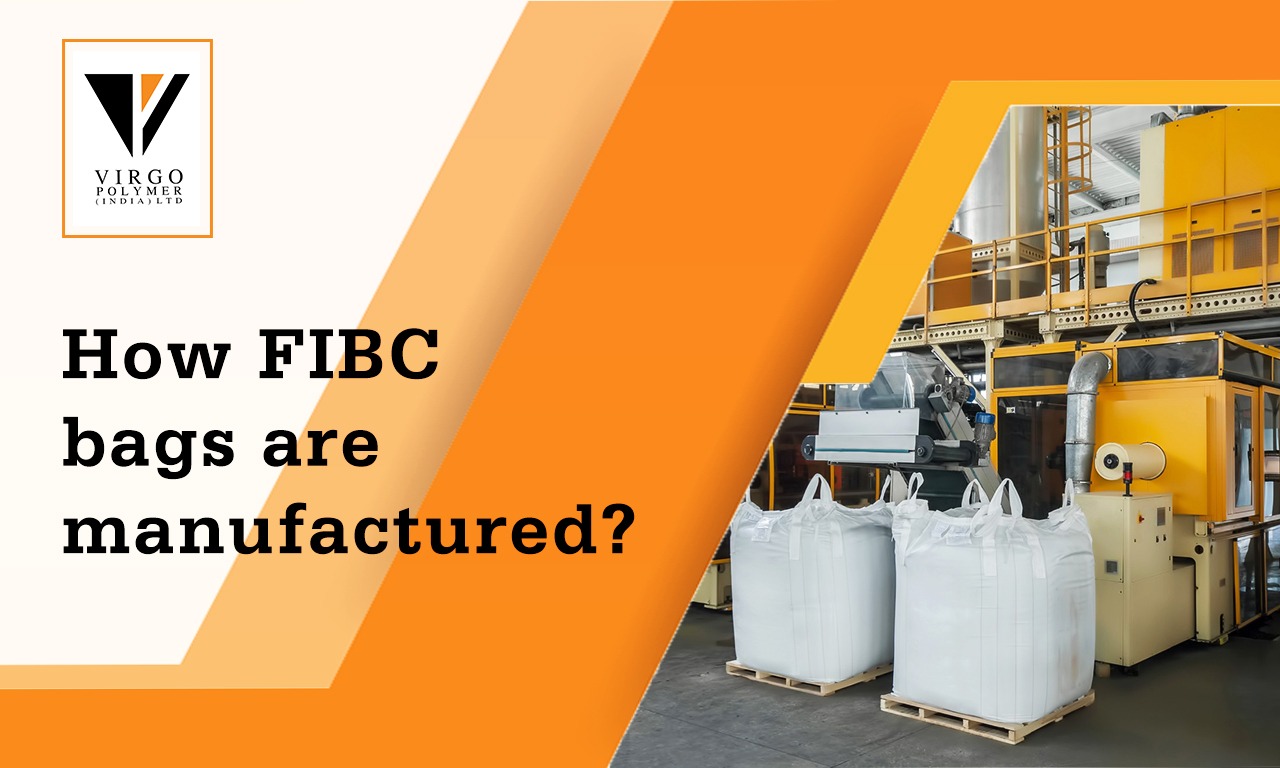



Flexible Intermediate Bulk Containers (FIBCs) are large industrial bags that are widely used for the storage and transportation of bulk materials such as chemicals, fertilizers, grains, and food products. FIBCs, also known as bulk bags, are preferred over other forms of packaging due to their high capacity, cost-effectiveness, and ease of handling.
Selecting the right FIBC bulk bag manufacturer can make all the difference when shipping your bulk powders and granulated products. Knowing the specifications such as the material of construction, available sizes, coatings, and joinery methods is key to making the best choice. The raw materials used and the artistry involved in cutting, sewing, and forming the bags can significantly impact their durability and longevity. So, it is crucial to pay close attention to the craftsmanship of your FIBCs, and rest easy knowing that they will last the distance and deliver your goods safely.
In this blog, we will discuss the step-by-step guide to the manufacturing process of FIBC bags, highlighting the quality control measures that are put in place to ensure that they meet the quality standards.
Step 1: Fabric Production
The first step in the FIBC manufacturing process is the production of fabric. The fabric used in the FIBC manufacturing process is made from polypropylene, which is a synthetic polymer that is lightweight, strong, and resistant to moisture and chemicals. The polypropylene resin is extruded into long strips that are woven into flat fabric sheets. The sheets are then rolled onto spools and sent to the FIBC manufacturing facility.
The polypropylene resin used in fabric production is tested to ensure that it meets food-grade standards. The fabric sheets are also tested for strength, tear resistance, and UV stability to ensure that they meet the required specifications.
Step 2: Printing
Once the fabric sheets are received at the FIBC manufacturing facility, they are inspected for quality and then sent for printing. The printing ink used in the printing process is tested to ensure that it meets food-grade standards. The printed fabric sheets are also inspected to ensure that the design is clear and legible.
Printing is done to add labels, logos, and other required information to the fabric sheets. The printing process is done using a flexographic printing machine that uses ink to transfer the design onto the fabric.
Step 3: Cutting
After the printing process, the fabric sheets are sent for cutting. The cutting machine is calibrated to ensure that the fabric sheets are cut to the correct size and shape. The cut fabric pieces are also inspected to ensure that they meet the required specifications.
The sheets are cut to the required size using a cutting machine. The size and shape of the FIBC bag depend on the specific requirements of the customer.
Step 4: Sewing
The cut fabric pieces are then sent for sewing. The sewing process involves stitching the fabric pieces together using a sewing machine. The sewing machine is calibrated to ensure that the seams are sewn straight and strong.
The seams of the bag are sewn with a double or triple stitch to ensure that the bag is strong and durable. The sewn bags are also inspected to ensure that they meet the required specifications.
Step 5: Filling and Discharge
The final step in the FIBC manufacturing process is filling and discharge. The bags are filled with the required material using a filling machine. The filling machine ensures that the bags are filled to the correct weight and volume.
Once the bags are filled, they are sealed and sent for discharge. The sealed bags are also inspected to ensure that they are free from any leaks or tears.
In addition to the above steps, there are several quality control measures that are put in place to ensure that the FIBC bags meet food-grade standards. These measures include:
Quality Control Checks: The FIBC bags are inspected at each stage of the manufacturing process to ensure that they meet the required specifications.
Cleanroom Environment: The manufacturing facility is maintained in a cleanroom environment to ensure that the bags are free from any contaminants.
Food-Grade Certification: The FIBC bags are certified to meet food-grade standards by independent third-party organizations.
Material Traceability: The polypropylene resin used in fabric production is tracked and traced to ensure that it meets food-grade standards and that the bags are free from any harmful contaminants.
Hygiene Practices: The manufacturing facility follows strict hygiene practices to prevent the bags from being contaminated with bacteria or other harmful microorganisms.
Batch Testing: Random samples of FIBC bags are taken from each batch and tested to ensure that they meet the required specifications. These tests include tensile strength, tear resistance, and UV stability.
Documentation: The manufacturing processes, quality control measures, and test results are thoroughly documented to establish traceability and accountability.
FIBC bags are a cost-effective and efficient form of packaging for bulk materials, and their manufacturing process requires strict quality control measures to ensure that they meet food-grade standards. The manufacturing process involves fabric production, printing, cutting, sewing, filling, and discharge.
Quality control measures include quality control checks, a cleanroom environment, food-grade certification, material traceability, hygiene practices, batch testing, and documentation. These measures ensure that the FIBC bags are safe for the transportation and storage of food products and other bulk materials.
Ensuring the manufacturing and quality of FIBC bags is of paramount importance to ensure safety, efficiency, and compliance with regulatory standards. By doing so, businesses can protect their products, workers, and reputation and ensure that they are meeting the required safety and regulatory standards.
So, if you require top-quality FIBC bags, then look no further than Virgo Polymers. As a leading manufacturer, we have the expertise and experience to produce bags that meet the highest quality control standards and safety regulations. Our commitment to excellence means that we offer a guarantee of quality, ensuring that you can trust our FIBC bags to protect your products and reputation. Contact us today to learn more about how we can meet your FIBC bag needs.
Call us to know more @ +91 90030 48815 or email us at info@virgopolymer.com
